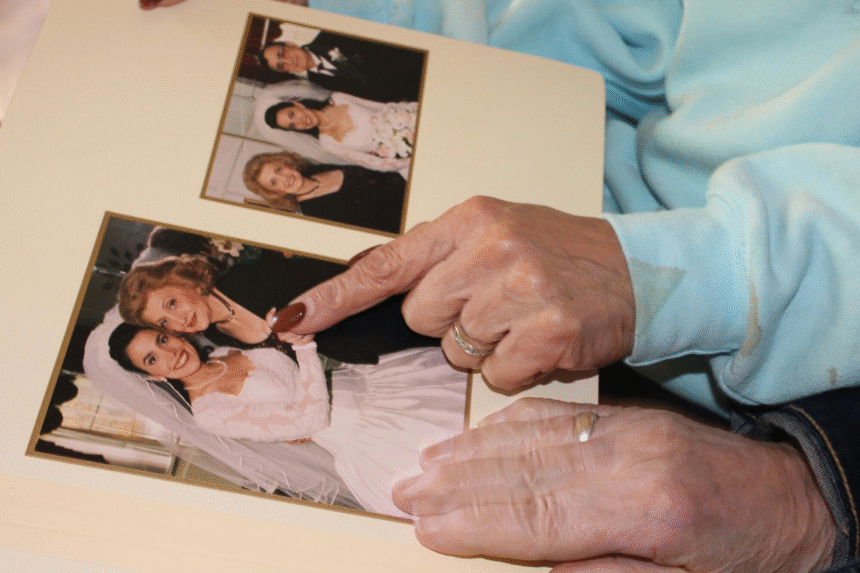Are you wondering what to expect when choosing memory care for a loved one?
Many families face this decision and feel unsure where to start. Memory care communities are designed to support people with memory loss in a safe and caring environment.
Families often have questions about cost, services, and daily life in these places. Understanding how memory care works can make the process less stressful.
Let’s explore some of the most common questions families ask when making this important choice.
What Is Memory Care?
Memory care is a type of senior living that supports people with memory loss, dementia, or Alzheimer’s disease. It offers a safe space where trained staff help residents with daily needs while encouraging independence. The goal is to create a calm and structured setting that reduces confusion and stress.
Residents receive help with meals, medications, and personal care. Activities are also designed to keep their minds active and promote social connection. Memory care communities focus on both comfort and emotional well-being so residents can live with dignity.
How Much Does It Cost?
The cost of memory care depends on several factors, such as location, room type, and level of care needed. Monthly rates can range from moderate to high because of the special support provided. Some communities offer all-inclusive pricing, while others charge extra for certain services.
Families can ask for a detailed cost breakdown before choosing a community. Financial help may be available through long-term care insurance, veterans’ benefits, or government programs. It’s important to understand what is included in the cost so families can plan ahead with confidence.
What Services Are Included?
Memory care communities provide a wide range of support to meet residents’ daily needs. Common services include help with bathing, dressing, meals, and medication. Housekeeping and laundry are often part of the care plan to make daily life easier for residents.
Specialized memory care services are also offered to support mental and emotional health. These can include cognitive activities, therapy programs, and sensory exercises designed for memory loss. The goal is to create a balanced environment that keeps residents engaged, safe, and comfortable each day.
How Is Safety Ensured?
Safety is a top priority in memory care communities. Buildings are designed to reduce risks, with secure doors, simple layouts, and monitored areas. These features help prevent wandering while allowing residents to move around freely in safe spaces.
Staff are trained to respond calmly in emergencies and assist residents who may feel lost or confused. Many communities also have medical staff on-site or on call at all times. Families gain peace of mind knowing their loved one is protected around the clock.
Can Families Visit Often?
Families are encouraged to visit their loved ones as often as they can. Many memory care communities have open visiting hours or planned family days to make visits easier. Being together helps residents feel supported.
Some communities also offer shared activities where families can join meals, games, or special events. This helps maintain strong emotional bonds and a sense of connection. Regular visits remind residents that they are loved and part of a family that continues to care deeply for them.
Finding the Right Care Together
Choosing memory care for a loved one can be a big decision, but families don’t have to face it alone. Taking time to ask questions and learn about different options helps make the choice easier. With support, understanding, and careful thought, families can find a caring place where their loved one feels safe and valued.
Please take a look at our blog for more educational articles.


